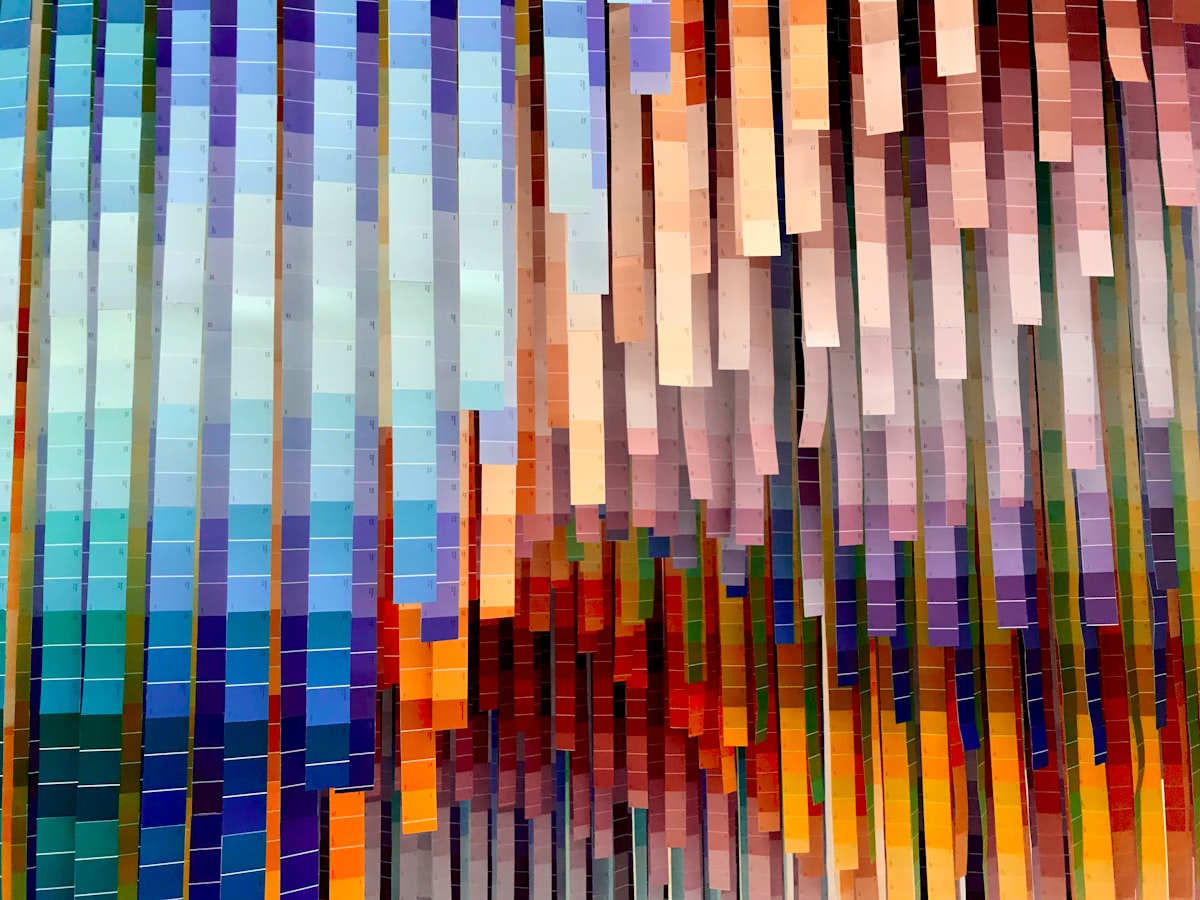Next step in DEI (Diversity, Equity, and Inclusion)

For many years we have seen many approaches to Diversity, Equity, and Inclusion, from unconscious biases training to evangelize about the benefits of diversity in the boardroom. Whilst understanding the benefits of DEI creates awareness and potentially motivates people, leaders, and organizations to initiate some changes in themselves, it is not enough to make authentic and sustainable changes.

Our human nature still tends to avoid pain and shy away from discomfort, especially in relationships. Working together requires a certain amount of trust, but when we are faced with people whom we do not understand or who do not share the same cultural or mental frame of reference, we are faced with a level of uncertainty about the outcome of our collaboration that feels at best uncomfortable and at worst overwhelmingly stressful.
Having trained many people in organisations about emotions and connecting to how they feel so that they can cope with challenging situations at work, I know that relationships across genders, cultures, and generations, are often the source of misunderstandings, conflicts, problems collaborating, and trust issues. These issues stem from the difficulty or inability to empathize with the other because he/she is not from the same "in-group" and the discomfort (or even shame) in confronting that inability in oneself.
So the next step in DEI is not more about why we should do it in all organisations but about training people to acknowledge when they feel uncomfortable, understand why, and find strategies to cope with that discomfort so they can continue to be open to the other and their difference, benefit from the confrontation to diversity and enrich themselves with the inclusion of newness.
We often hear: "step out of your comfort zone," but we haven't learned how to be ok with being uncomfortable, awkward, and clueless. "Embrace not knowing and learn from each other" could be an excellent motto for DEI, which is beautifully embodied by initiatives like the Human Library.



